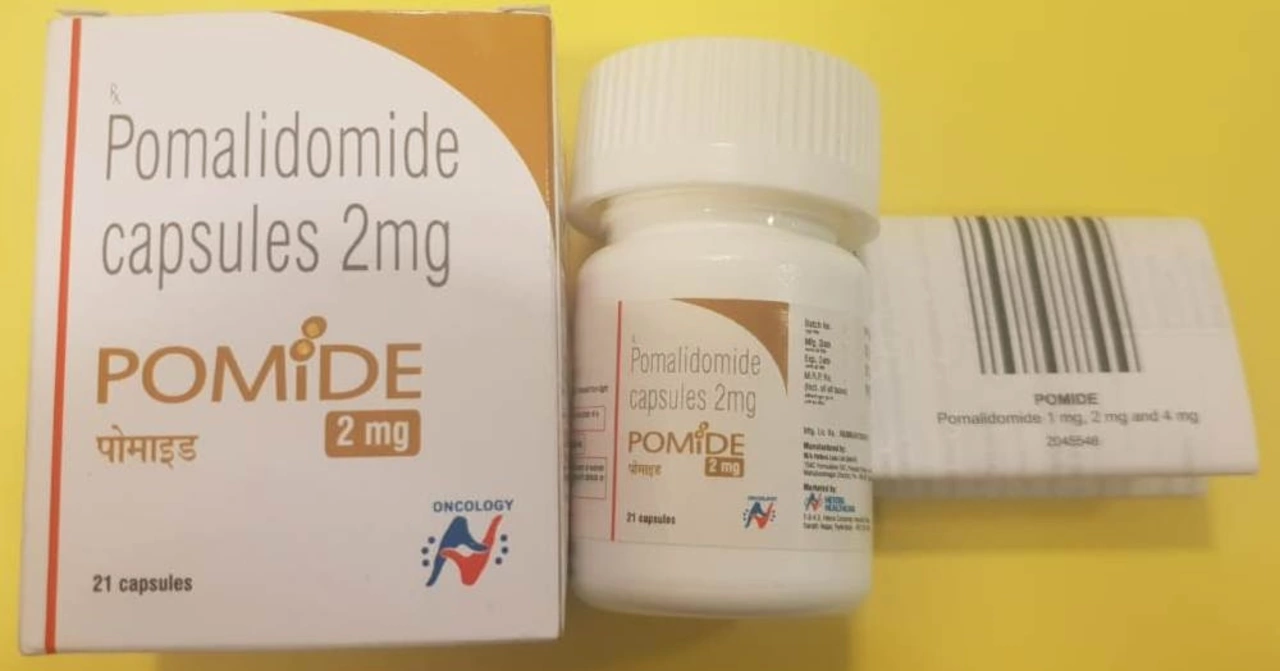Cancer Treatment: Practical, Clear Guidance
Cancer treatment can feel overwhelming. You get a diagnosis and immediately face a flood of options, terms, and choices. This tag collects clear, practical articles to help you understand treatments, compare options, and talk to your care team.
Read short guides on surgery, chemotherapy, radiation, targeted drugs, and immunotherapy — written in plain language.
We focus on what matters: how each treatment works, common side effects, typical timelines, and questions to ask before you decide.
Use these articles to prepare for appointments, weigh risks and benefits, and find credible sources when you need to dig deeper.
Understanding main treatment types
Surgery removes visible tumors and is often the first option for solid cancers. It can be curative or palliative.
Chemotherapy uses drugs that target rapidly dividing cells. It can be given by mouth or through an IV and may cause nausea, fatigue, hair loss, and low blood counts.
Radiation uses high‑energy rays to kill cancer cells in a targeted area. Side effects depend on where you are treated but often ease after therapy ends.
Targeted therapy and immunotherapy attack specific parts of cancer cells or boost your immune system. They can work when chemotherapy does not.
What to ask and how to decide
Start with these questions: What is the goal—cure, control, or symptom relief? What are the likely benefits and the biggest risks? How will treatment affect daily life and work?
Ask about timing, how long side effects last, and whether clinical trials are an option. If you get more than one recommendation, ask the team to explain differences plainly.
Second opinions are normal. Bring your scans, pathology reports, and a list of your medicines. A second view can change the plan or confirm the one you have.
Use trusted sources for extra reading. DoctorAlexa Pharmaceuticals pulls reliable, up‑to‑date articles that explain treatment choices in everyday language.
If cost or access is a worry, ask about financial help, generic drugs, and clinical trials. Many centers have social workers who help with practical issues.
We update this tag with new posts on drug options, safety tips, and how to find care. Bookmark it and check back when you need clear, practical information.
Quick tips: keep a symptom diary, bring a family member to appointments, and ask for written instructions. For nausea, simple measures like small meals and anti‑nausea meds often help.
Fatigue improves with light activity and rest balance. Talk to your team about blood tests and vitamin support before taking supplements. Mental health matters—ask for counseling if anxiety or depression start to interfere.
If you shop online for meds, use verified pharmacies and ask your doctor to confirm exact drug names and doses. Avoid offers that sound too cheap or require you to skip prescriptions.
Clinical trials can offer access to new treatments. Ask your center about eligibility and what to expect. Trials usually explain risks clearly and monitor you closely.
When in doubt, ask: 'If this were your family member, what would you recommend?' — it often clarifies priorities.

The role of pomalidomide in combination therapy for cancer treatment
I recently came across an interesting topic about the role of pomalidomide in combination therapy for cancer treatment. Pomalidomide is an immunomodulatory drug that helps in boosting the immune system to fight cancer cells effectively. When used in combination with other therapies, it has shown promising results in treating various types of cancer, particularly multiple myeloma. This approach not only enhances the effectiveness of the treatment but also reduces the side effects caused by other drugs. I believe this innovative combination therapy is quite promising and could potentially revolutionize cancer treatment in the future.
More Detail